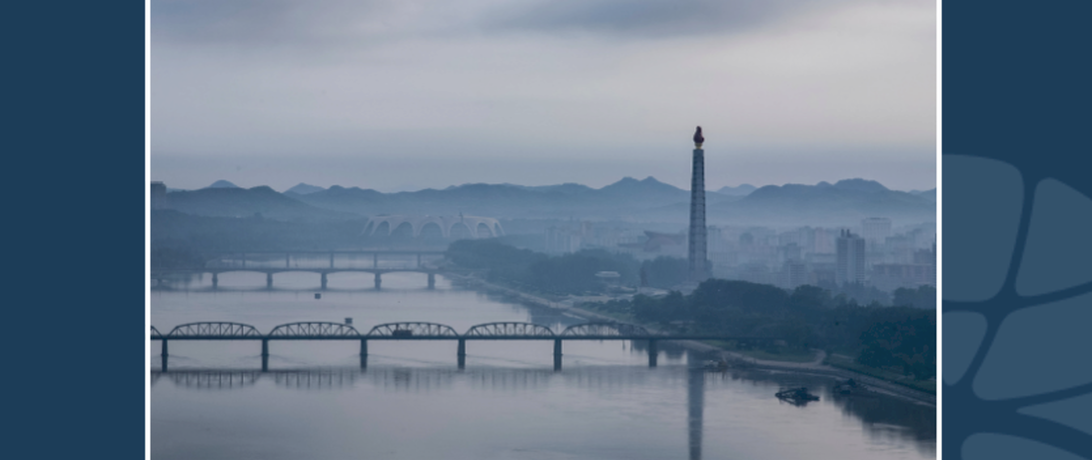
The paper was submitted for the IAEA's Symposium on International Safeguards: Reflecting on the Past and Anticipating the Future.
Abstract
Low-information environments with nuclear capabilities present challenges to the safeguards community due to the difficulty of information access and questions surrounding the accuracy of the information obtained from those locations. With the DPRK, this problem is compounded by the country's exceptionally tight control of information, enabled and sustained by a well-established nationwide surveillance network overseen by the key departments of the Workers' Party of Korea. These limitations, while challenging, are not insurmountable. To improve access to and credibility of information on the DPRK, including safeguards-related data, the authors propose leveraging the State's well-established propaganda and satellite imagery analysis methods, and also the DPRK-provided ground photos and third-party reporting.
Access the publication here or as a PDF on the right-hand side.